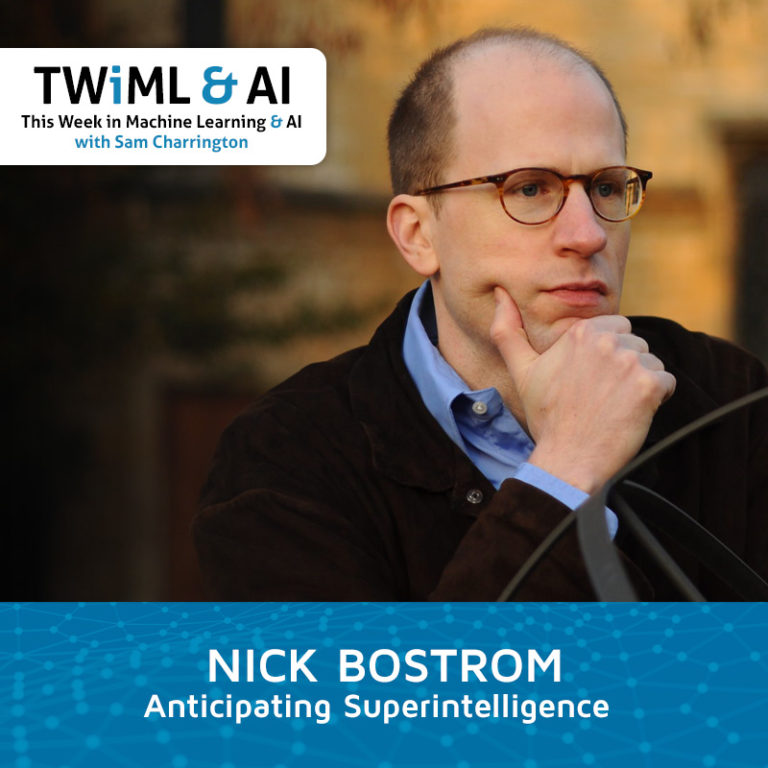



On Tuesday, shares in the online tutoring company Chegg dropped by as much as 50pc after it revealed that students are turning to ChatGPT instead of its study guides. That makes it the fastest-growing piece of technology in history. Yet the unbelievably rapid adoption of the technology is now promising – or threatening – to upend every aspect of our lives.Īll of this has stemmed from the popularity of ChatGPT, which went from an internal software project at the San Francisco start-up OpenAI to 100m users within two months of its release last November. Just months ago, AI was simply another hyped up corner of tech that many saw as just a buzzword used by start-ups to raise cash. “If you are building powerful artificial general intelligence that has autonomy or the ability to self improve, that is a legitimate concern we should be worried about,” says Mustafa Suleyman, a co-founder of British AI pioneer Deepmind who now leads the start-up Inflection AI. Stuart Russell, a British computer scientist at the University of Berkeley, has imagined a bot told to clean up the oceans that inadvertently sucked all the oxygen out of the air. Two decades ago Nick Bostrom, the Oxford University philosopher, imagined a machine directed to manufacture paper clips that was so effective it turned all matter in the universe into them, including all of humanity.


 0 kommentar(er)
0 kommentar(er)
